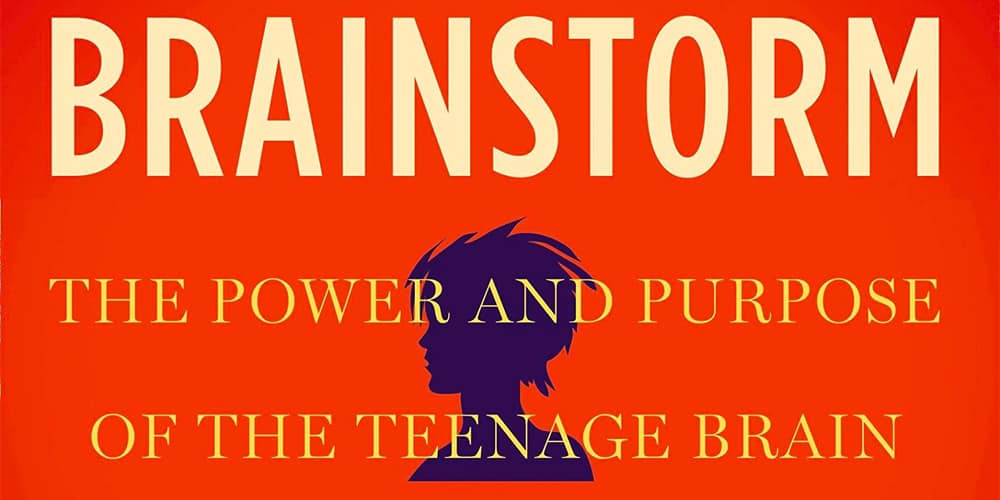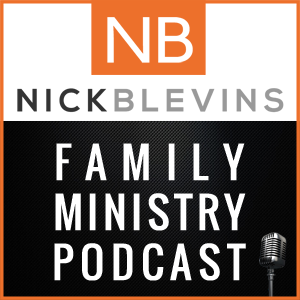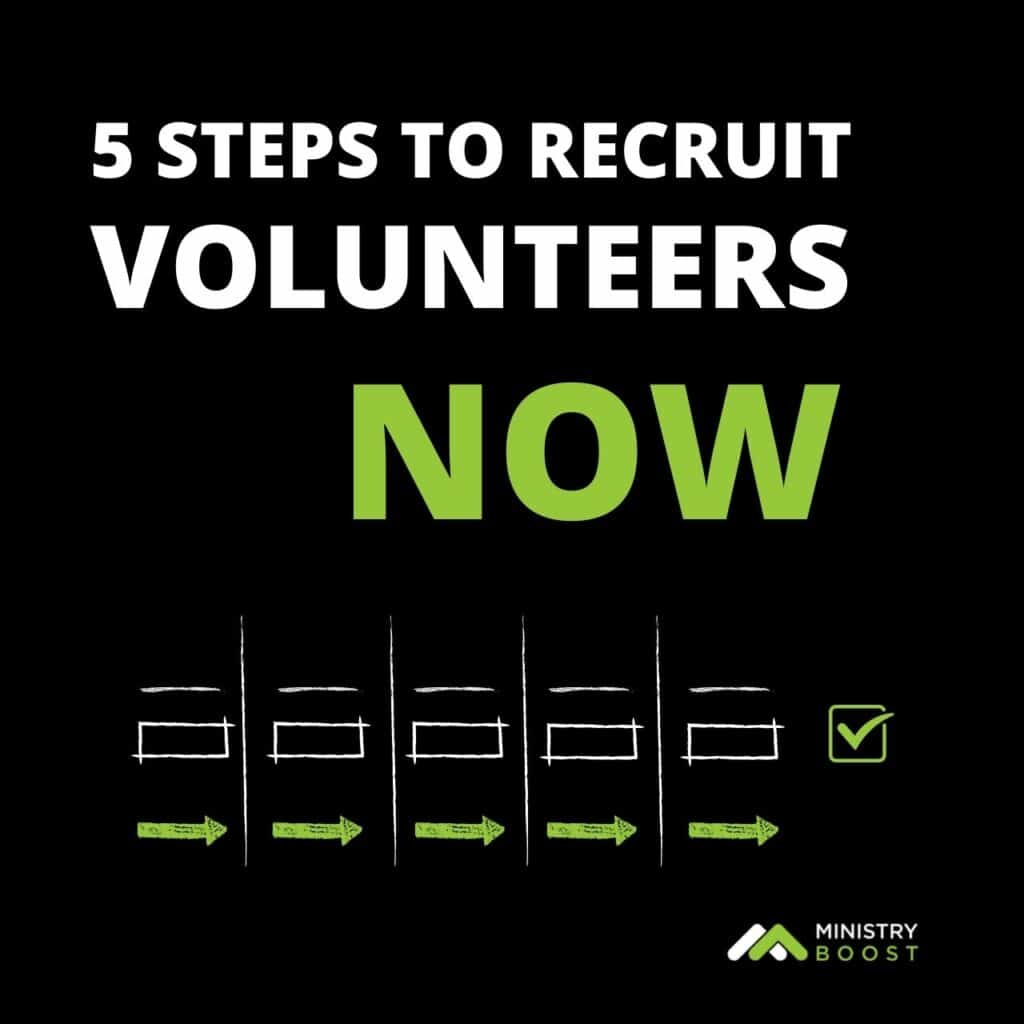Lead Small is a phrase coined by Orange that promotes the idea that every child, student, and adult needs a small group of peers to connect with as they grow in their faith. You can read more about the Lead Small Strategy here. But, why Lead Small?
Teenage Brain and Why Lead Small
Dr. Daniel Siegel wrote the book Brainstorm: The Power and Purpose of the Teenage Brain. In that book and in an article on PRI Siegel shares how the teenage brain is re-wiring itself. That's not new information, but some of his comments stood out to me. They stood out because it simply confirms what we already know: all of us are wired with a need to connect. A need to connect with God and with others. Here is one quote:
“It’s possible that if we actually provided ways for adolescents to feel connected, or when they’re disconnected there could be support for them,” he says, then in “some of these examples, maybe not all of them, we can actually alter the course of these violent activities.”
The specific context there is helping adolescents avoid dangerous behavior, but our goal is on the other end of the spectrum. It's to set them up as best we can to love God and love others. As Dr. Siegel has found, connection is needed. He even talks about how teenagers are wired to push away from adults:
“Nature requires — not just for us humans, but for all mammals — for the child mammal or the child human to leave the nest and establish a home away from the biological parents. So there’s a natural drive for an adolescent to push away from adults,”
We know this is true. However, most of us know from experience that same drive to push away doesn't usually apply to adults who choose to be in a student's life and don't have positional authority over them. As long as trust is established, students can open up and that relationship can be one where these challenges are processed in a healthy way, something Siegel calls for.
What does this mean for our ministries?
I believe every child from age 3 or 4 up through high school should be part of a consistent small group (with a weekly leader) in their church. Now, we can't control how often families come, what service they come to, etc., but we can do our part. It is definitely not an easy way to “do” family ministry, but I do believe it's the best way. That's why Lead Small is worth it.






